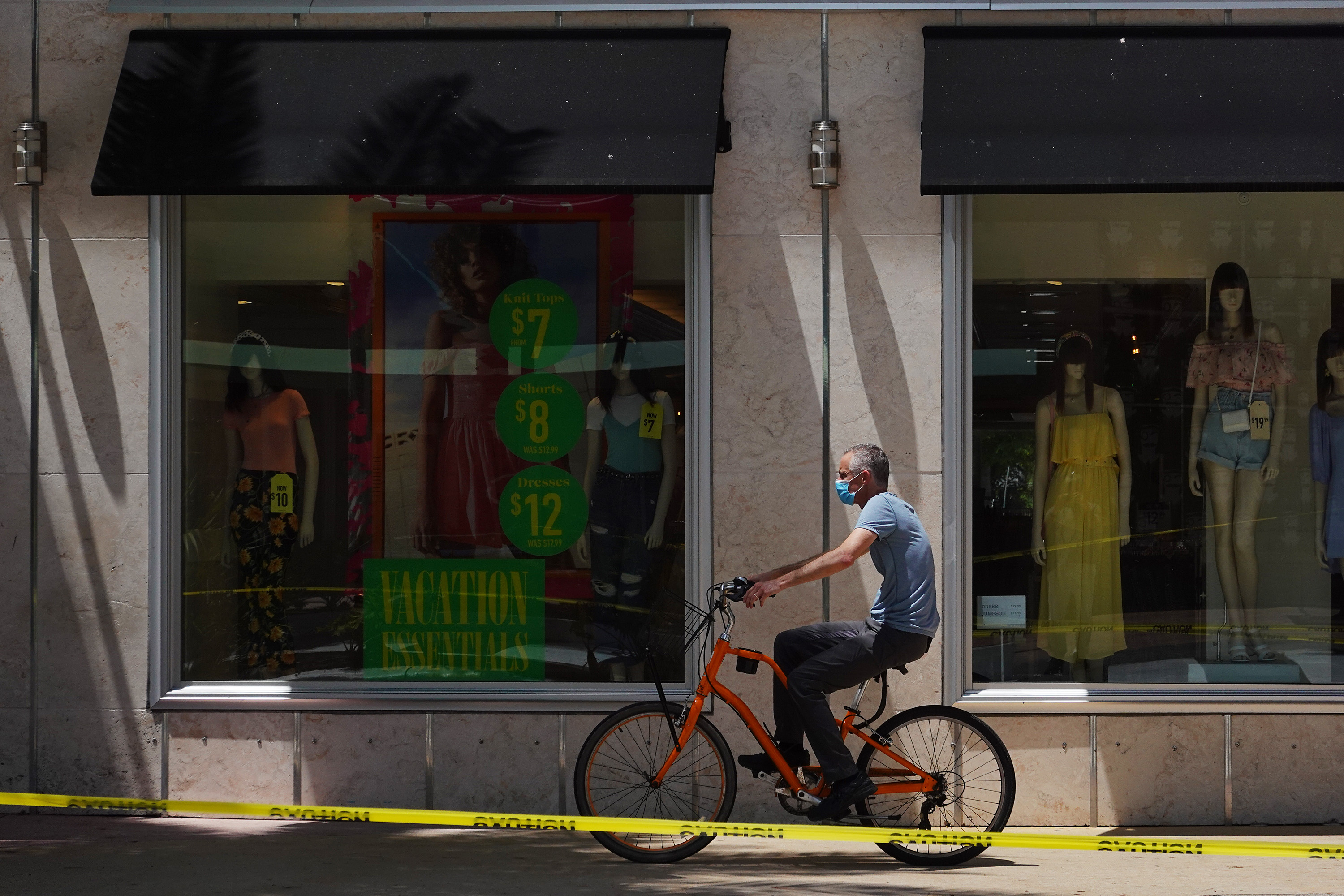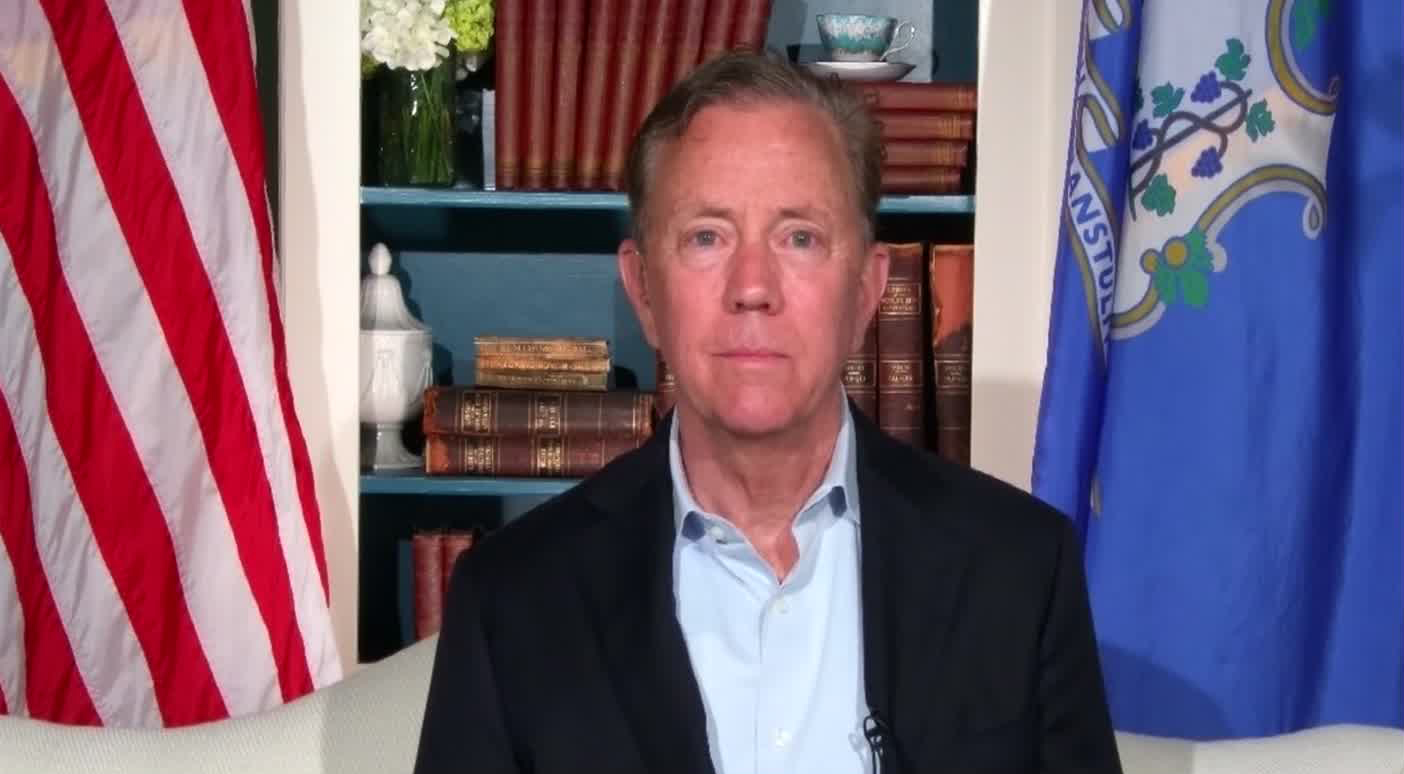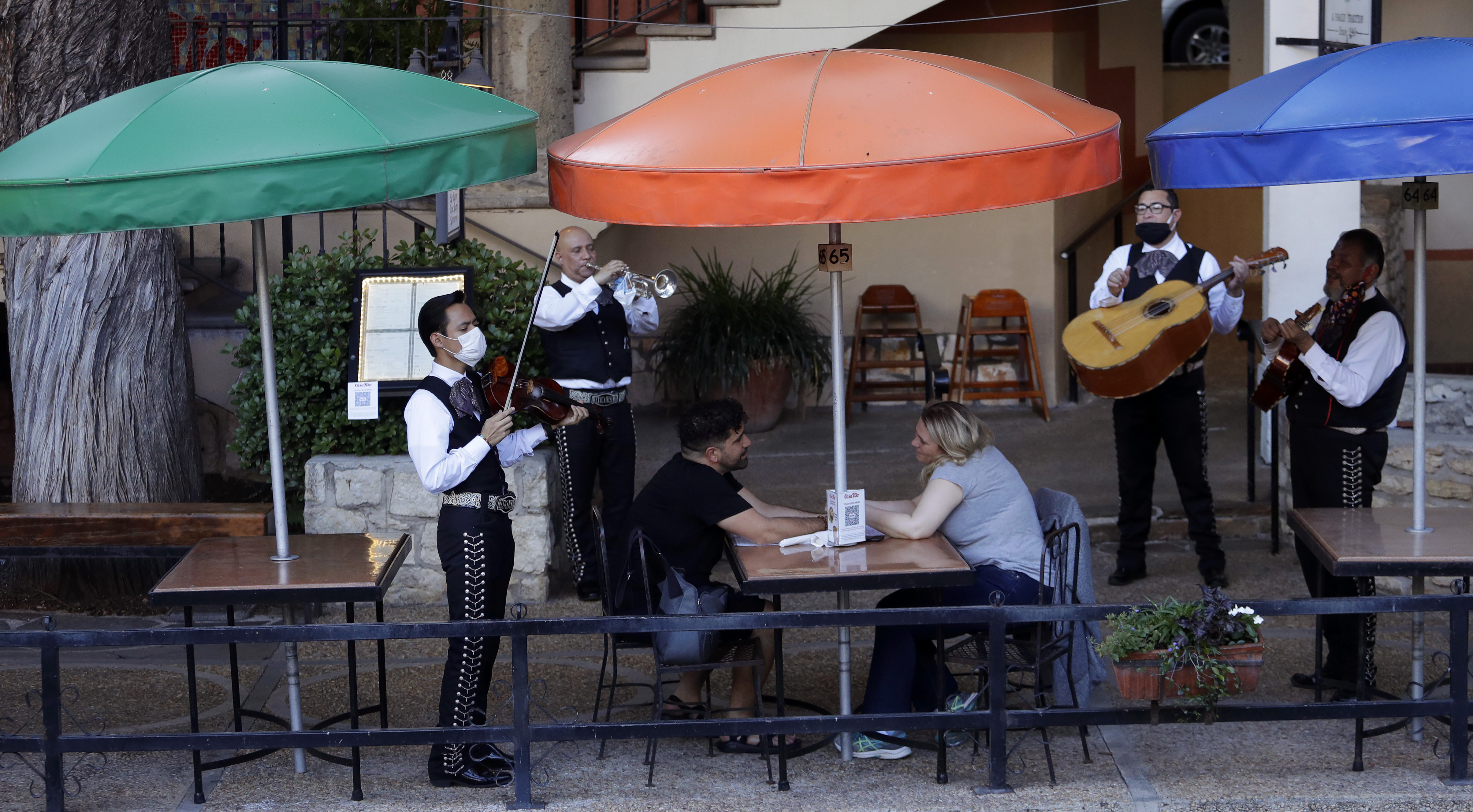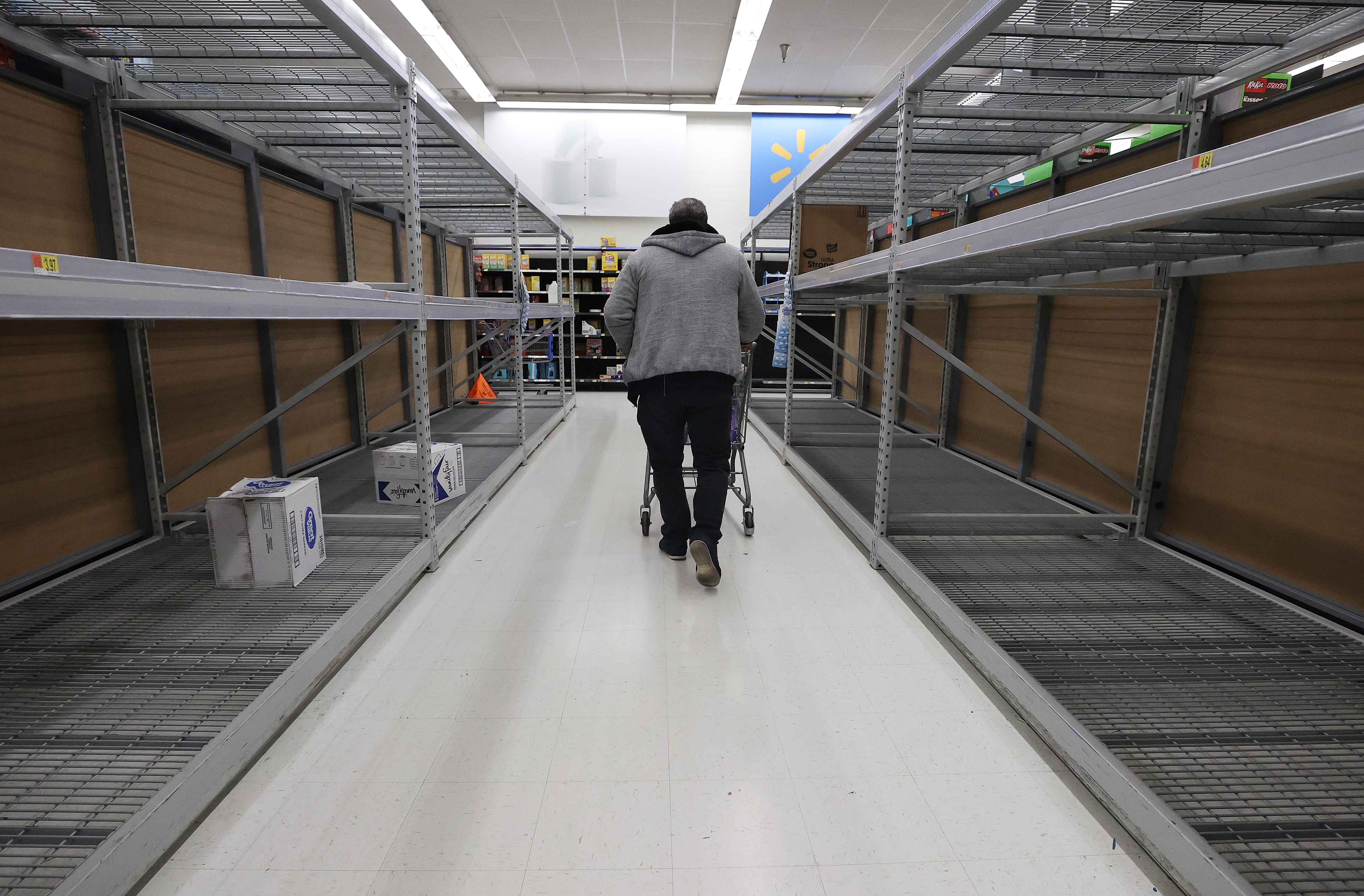Rice University was one of the first universities to announce that it would limit classes after the Thanksgiving break. The Houston school is scheduled to reopen for its fall semester in August, Rice University President David Leebron said, but it will conclude in-person classes before Thanksgiving due to a possibility of a second coronavirus wave.
“The best information is that these viruses tend to return around the winter, particularly in possibly late November, December, maybe January. So we wanted to be prepared for that,” Leebron said in an interview with CNN’s Alisyn Camerota.
“As we thought about it, the important thing was really to be very flexible, very agile and very adaptable. And that meant if we had to make quick decisions to go completely online, we could make a quick decision to do that,” he added.
Leebron said the university decided to also offer "dual delivery," meaning that every possible class will be taught simultaneously both in person and remotely.
The university hasn’t yet worked out all the details, but Leebron said it wanted to be able to accommodate students with health conditions who are concerned about in-person classes — as well as students who may have a hard time getting to campus, particularly international students.
Leebron said the coronavirus “will fundamentally change” the university system in some ways.
“I think universities are going to become more nimble, more flexible, more personalized for students … I think it is going to make universities, in that sense, better into the future,” he said. “But, again, I want to emphasize our students made very clear they really do want to be back with each other and on our campus,” he said.
Watch more:






